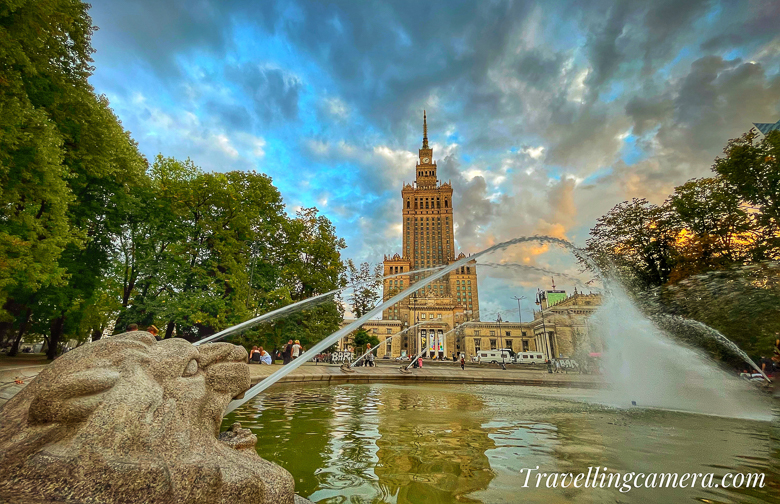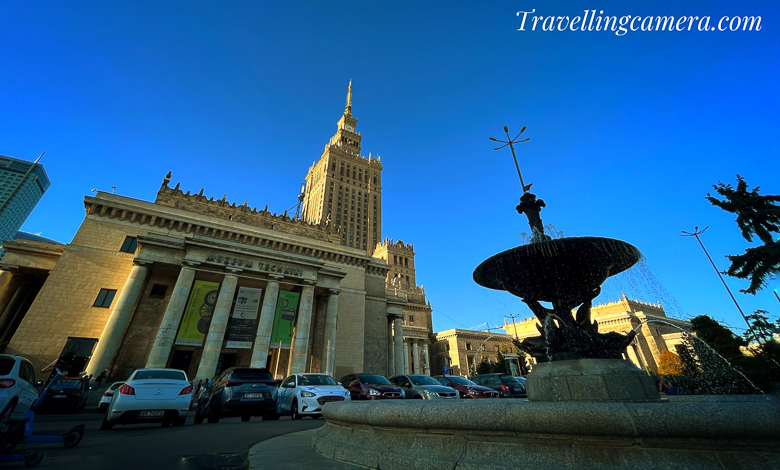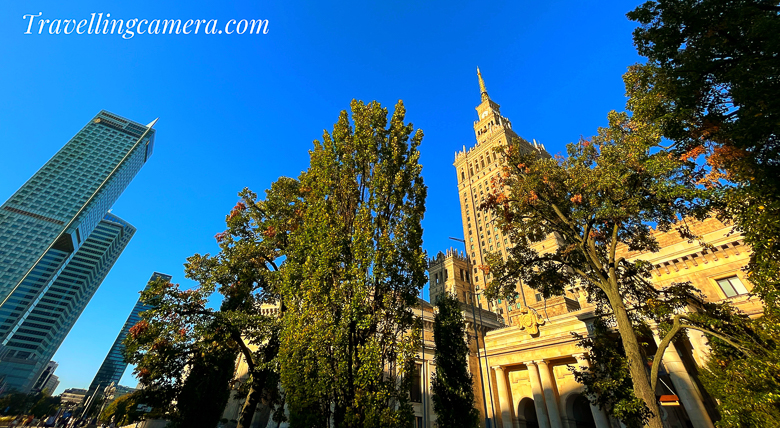In the heart of Warsaw, Poland, an imposing architectural masterpiece reaches towards the sky, commanding attention and admiration. The Palace of Culture and Science, often referred to as "Pałac Kultury i Nauki" in Polish, is not just a building; it's a symbol of Poland's rich history, its resilience, and its journey towards a brighter future. Join us as we explore the cultural, historical, and architectural significance of this iconic structure.
A Gift from the East
The Palace of Culture and Science is a testament to the enduring friendship between Poland and the Soviet Union during the mid-20th century. It was a gift from the Soviet people to the people of Poland, presented by Joseph Stalin in 1955. The grand edifice was designed by Soviet architect Lev Rudnev and embodies the imposing Stalinist architectural style.
A Towering Presence
Standing at a towering height of 237 meters (778 feet), the Palace of Culture and Science is the tallest building in Poland and one of the tallest in Europe. Its sheer size and grandeur make it an unmistakable landmark on Warsaw's skyline. Visitors are often drawn to its commanding presence, and the building's observation decks offer panoramic views of the city.
Architectural Grandeur
The palace's architecture is characterized by its neoclassical and neo-baroque influences, with a touch of socialist realism. The exterior features intricate stonework, ornate sculptures, and imposing columns, creating a blend of grandiosity and artistry. The interior is equally impressive, with lavish halls, opulent decorations, and a vast congress hall that can accommodate thousands of people.
A Center of Culture and Science
Throughout its history, the Palace of Culture and Science has played a pivotal role in Poland's cultural and intellectual life. It houses numerous theaters, concert halls, cinemas, museums, and art galleries. It has been a hub for cultural events, including concerts, exhibitions, and theatrical performances.
A Place of Learning and Knowledge
The Palace of Culture and Science is not just about culture; it's also dedicated to the pursuit of knowledge. It houses various institutions, including the Polish Academy of Sciences and the Warsaw University of Technology. It serves as a center for academic research, seminars, and conferences.
A Controversial Legacy
While the Palace of Culture and Science is an architectural marvel, it has also been a subject of controversy over the years, particularly due to its association with the Soviet era. However, it has become an integral part of Warsaw's identity, representing the city's resilience and its ability to embrace its history while moving forward.
The Palace of Culture and Science in Warsaw is more than just a building; it's a symbol of history, culture, and progress. It embodies Poland's complex past, its artistic achievements, and its enduring commitment to education and knowledge. As you stand in the shadow of this monumental structure, you can't help but feel the weight of history and the promise of a brighter future. It's a must-visit destination for anyone exploring the vibrant city of Warsaw, offering a unique blend of architectural grandeur and cultural significance that is truly awe-inspiring.











.jpg)
Comments